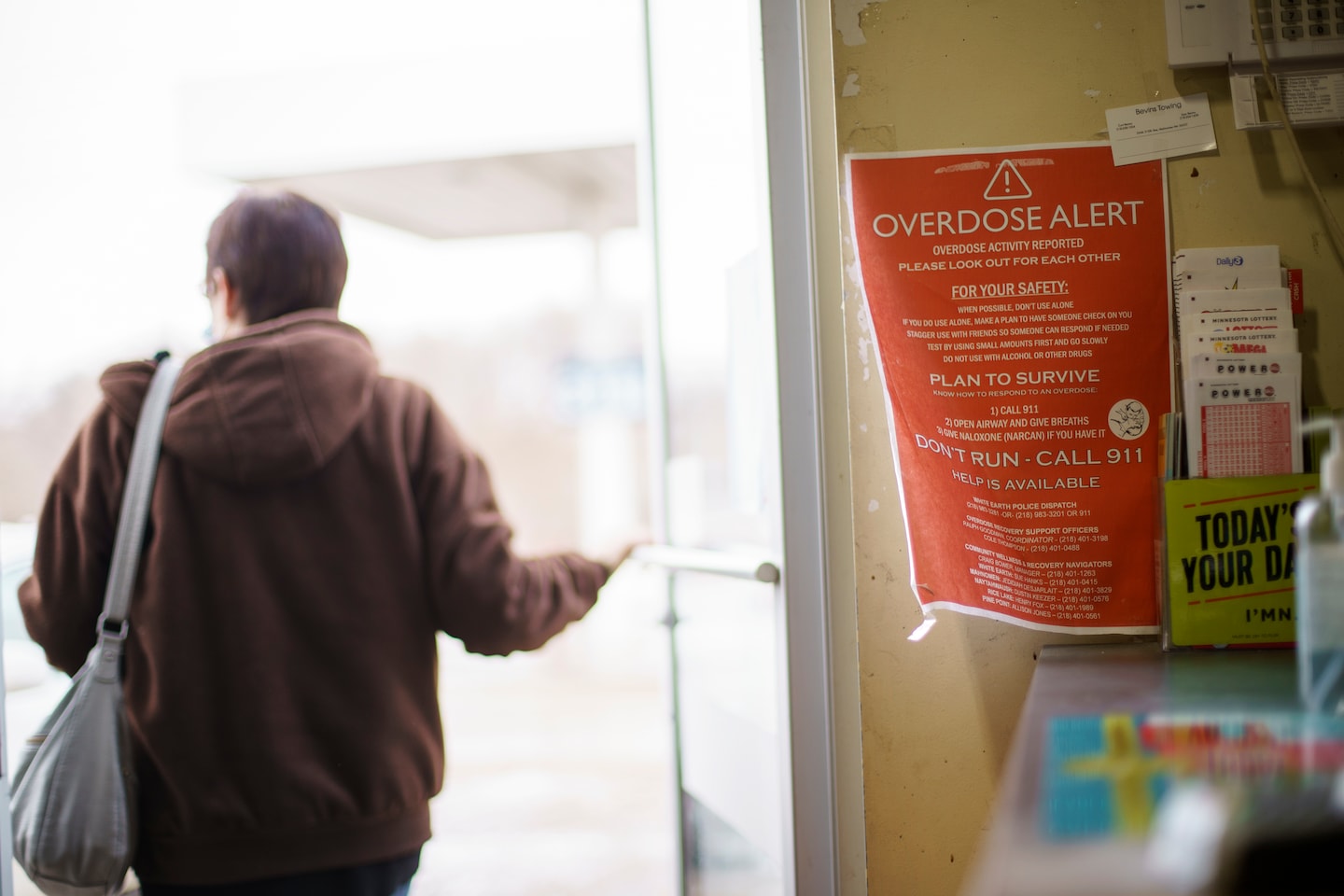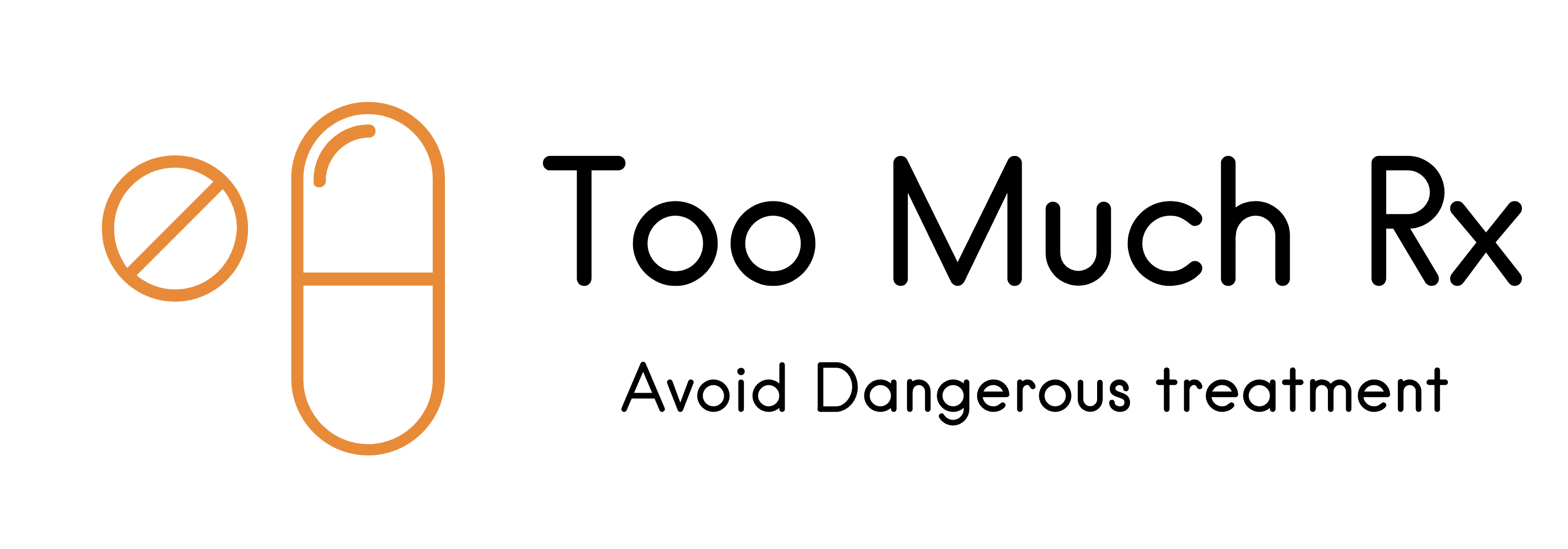
Native American tribes reach tentative opioid deal with major drug distributors, Johnson & Johnson – The Washington Post
McKesson, Cardinal Health and AmerisourceBergen would pay $515 million over seven years and Johnson & Johnson would contribute $150 million in two years to the federally recognized tribes, resolving litigation in dozens of states with tribal reservations, according to documents filed Tuesday in federal court in Cleveland. The tribes claim they were saturated by highly addictive painkillers manufactured by J&J and shipped by the distributors without regard for the clear signs of abuse and death. The companies deny wrongdoing, saying they complied with federal drug laws. The funds would be directed to addiction treatment and prevention programs.
Johnson & Johnson said in a statement that its “actions relating to the marketing and promotion of important prescription opioid medications were appropriate and responsible,” adding that the drugmaker no longer sells prescription opioids in the United States. Cardinal Health declined to comment. The other two distributors did not immediately respond to requests for comment.
The deal comes months before the first federal opioid trial for a Native American tribe, with the Cherokee Nation’s lawsuit against CVS, Walgreens and Walmart being heard in September in Oklahoma federal court. A bankruptcy plan for Purdue Pharma, which is under negotiation, would also set aside settlement money for tribes.
This resolution speeds up the process of getting funds, as the sprawling opioid litigation throughout the country has taken years to reach courtrooms. Overseen by a panel of tribal health experts, the money from this deal would go toward programs that aid drug users and their communities — a help to tribal governments bearing severe financial burdens for the health care, social services, child welfare and law enforcement resources expended during the opioid crisis. About 15 percent of funds will go toward attorneys’ fees.
“American Indians have suffered the highest per capita rate of opioid overdose and are more likely than other group in the United States to die from drug-induced deaths,” Chairman Douglas Yankton of the Spirit Lake Nation in North Dakota said in a statement. “Given this, the dollars that will flow to Tribes under this initial settlement will help fund crucial, on-reservation, culturally appropriate opioid treatment services.”
“There is no amount of money that’s going to solve the generational issues that have been created from this,” Chairman Kristopher Klabsch Peters of the Squaxin Island Tribe in Washington state told The Post. “Our hope is that we can use these funds to help revitalize our culture and help heal our people.
Judge Dan Aaron Polster, who oversees the thousands of opioid cases that have consolidated in federal court, said Tuesday that it “was necessary to have separate parallel negotiations and ultimately separate settlement agreements with the three distributors and J&J with the tribes” because the tribes are sovereign nations.
This content was originally published here.




